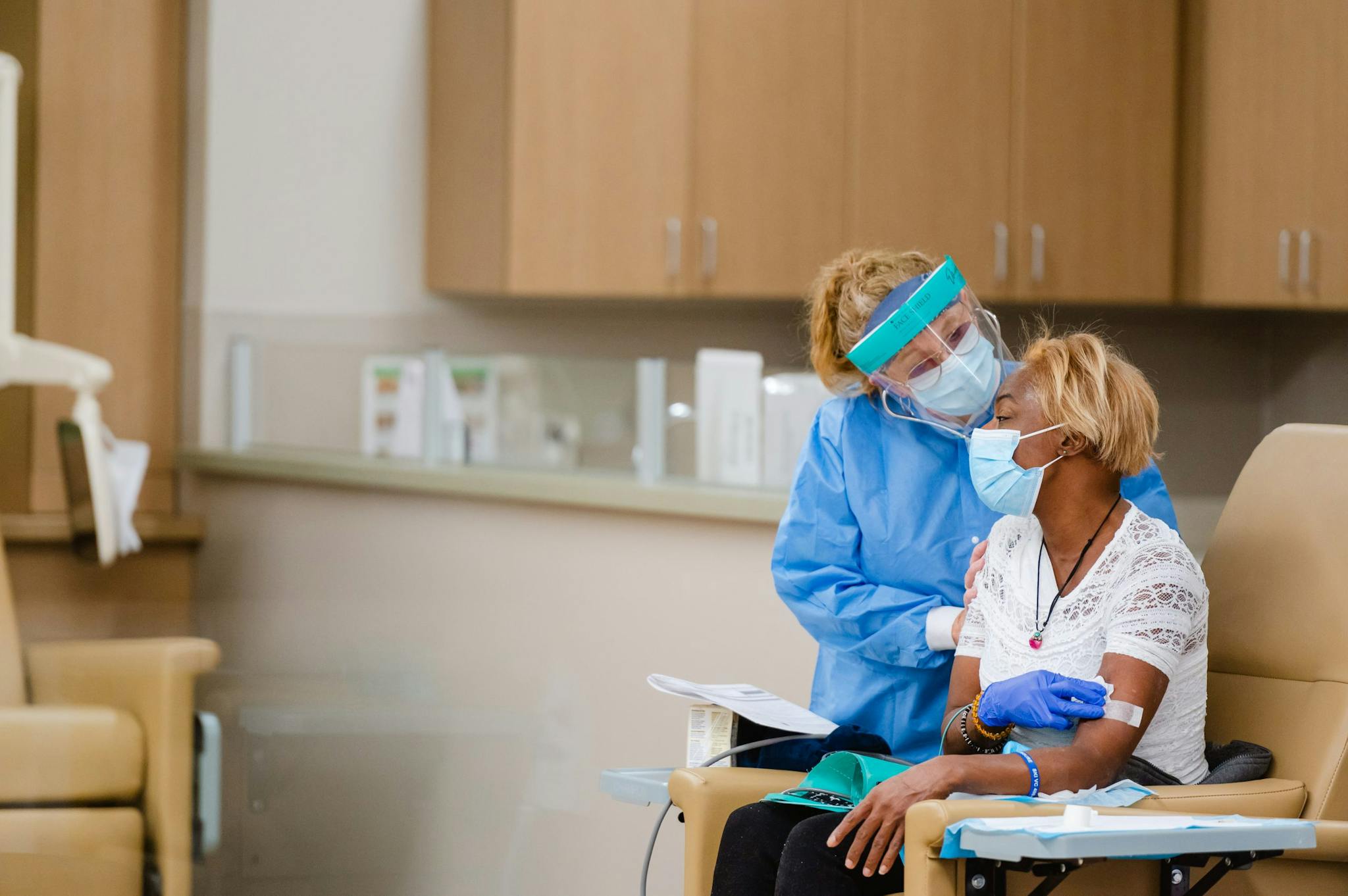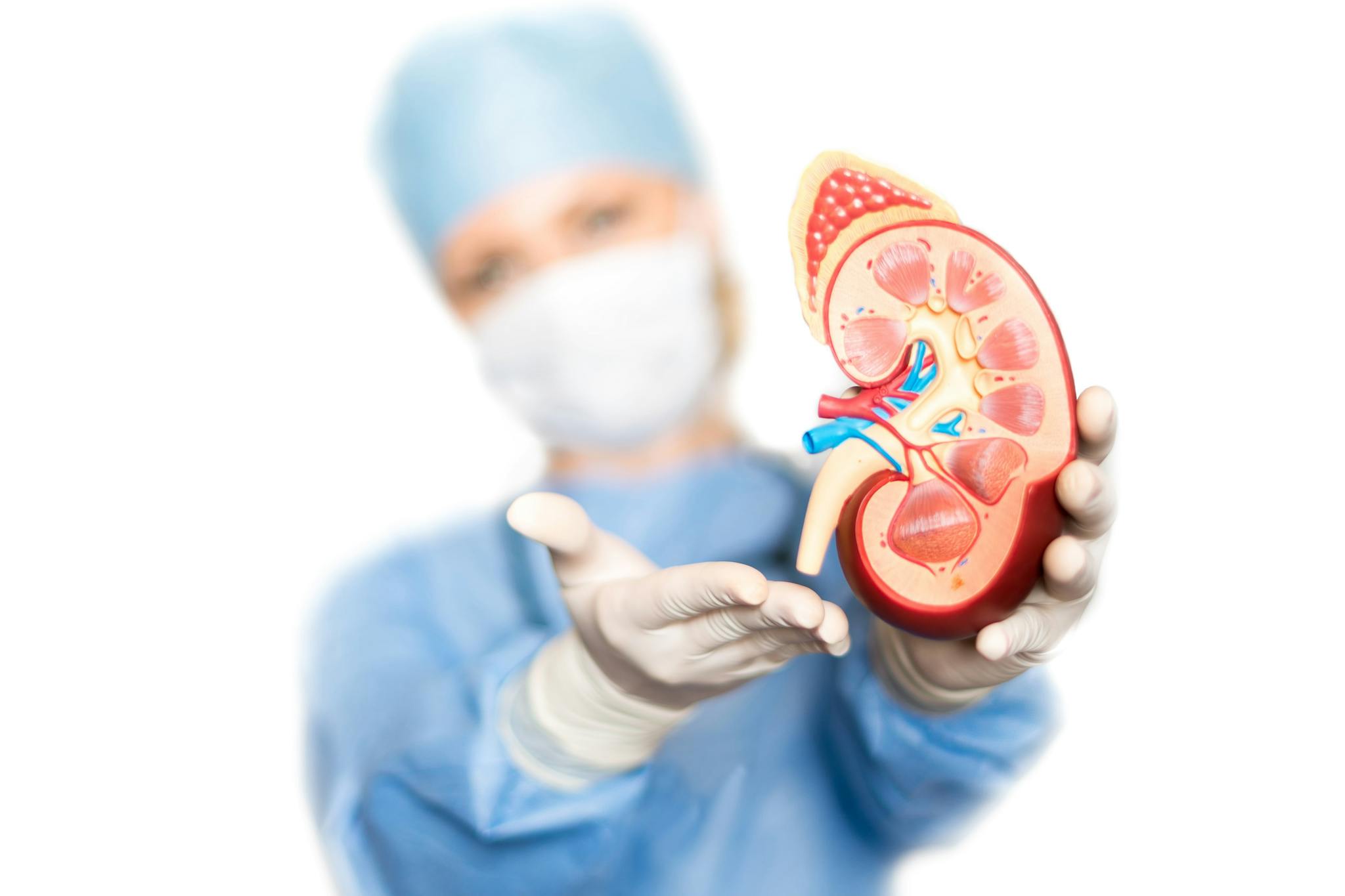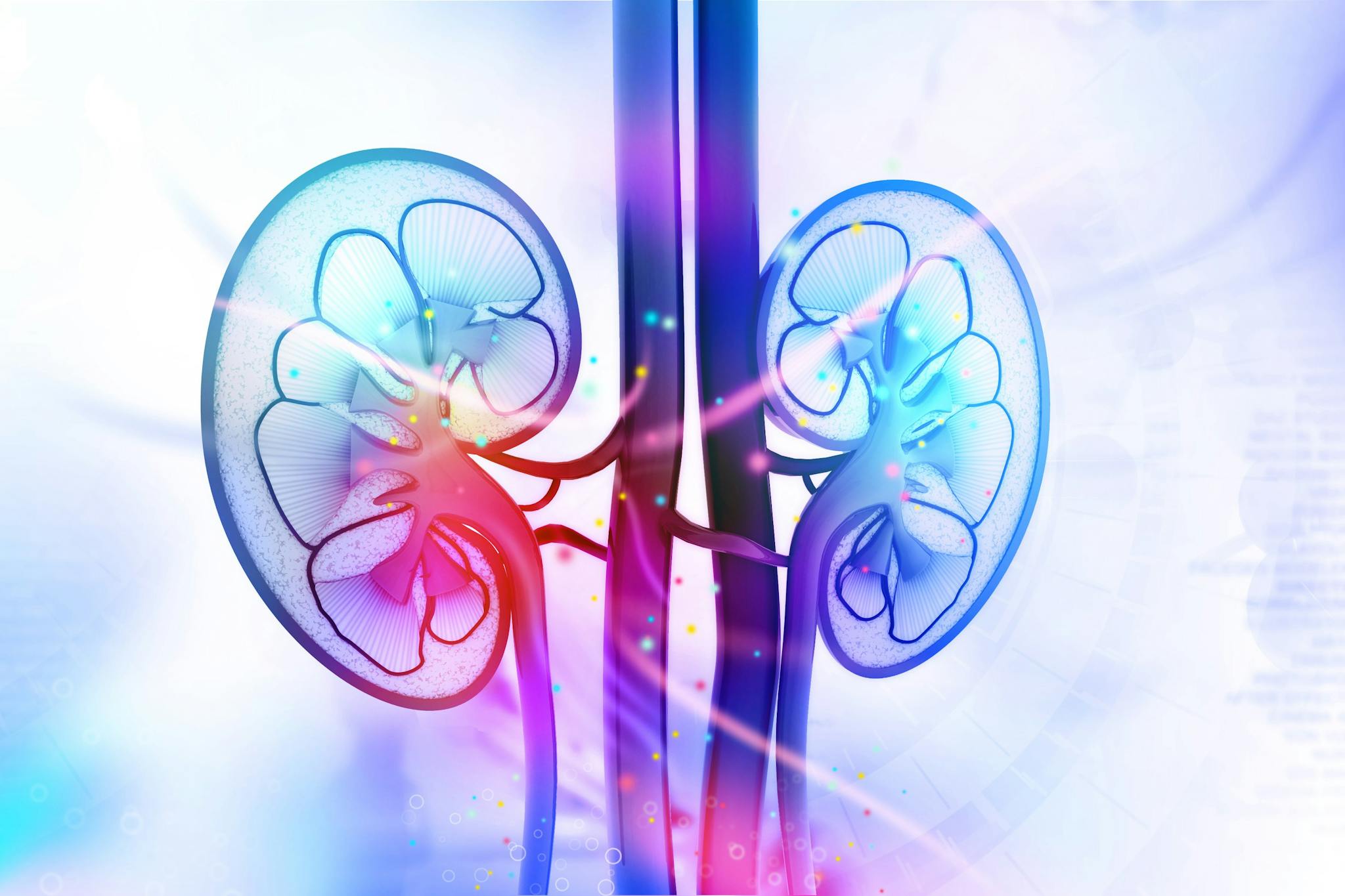
2023-02-15T16:39:02
Understanding Care Coordination & Its Value
- Nephrology
- Value-Based Care
October 10, 2019 | Nephrology
Specialties:Nephrology (Kidney Care)

Mineral and bone disorder occurs when there is an imbalance of calcium and phosphorus levels in the blood due to damaged kidneys. Too little calcium can cause your bones to become weak and brittle, while too much phosphorus can affect the body’s growth and energy.
According to the National Institute of Diabetes and Digestive and Kidney Disorders, this disorder is especially common in people with chronic kidney disease and affects most people with kidney failure receiving dialysis.
How to be Tested for Mineral and Bone Disorder
There are several ways that physicians test for mineral and bone disorder. These may include:
All of these examinations measure levels of calcium and phosphorus in the body. There are no early symptoms for mineral and bone disorder, so it is important to understand your lab results and if you feel you may be at risk, be sure to ask your doctor about the calcium and phosphorus levels in your blood.
Treatment for Mineral and Bone Disorder
Treatment methods depend on test results and may change over time to suit your specific circumstances. Some common medicines that might be prescribed include:
Changing diet
Doctors may also suggest a change in diet to help control mineral balances. It is important to remember to limit your intake of high-phosphorus food and drink. A list of high-phosphorus foods can be seen in the infographic to the right.
WRITTEN BY:
The Live Better Team


2023-02-15T16:39:02

2019-04-03T13:30:08

2018-03-19T11:05:38

2018-01-24T12:20:16
This information is not intended to replace the advice of a medical professional. You should always consult your doctor before making decisions about your health.